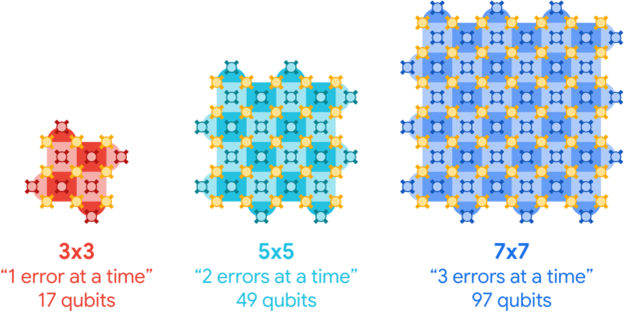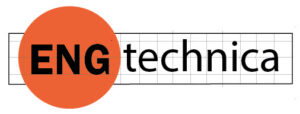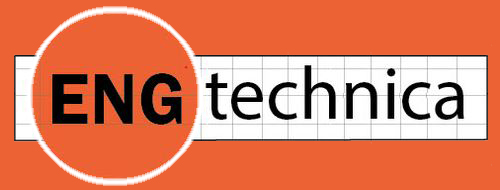How long before a million monkeys at typewriters could produce the works of Shakespeare? There’s not enough time in the world, concluded researchers in “A Numerical Evaluation of the Finite Monkey Theorem,” published earlier this month in Franklin Open, a peer-reviewed journal by Philadelphia’s Franklin Institute. The researchers calculated the odds of the entire works of Shakespeare (approximately 885,000 words) before the heat death of the universe (10100 years off, don’t worry) as being about 6.4 x 10 -7448254.
That is a ten with over 7 million zeros.
This has, of course, some really big IFs. If the monkeys survive. IF their population remains constant. IF their bananas are plentiful until their demise. IF they can keep pressing keys at the rate of one every second. IF they never need rest.
Clearly, monkeys would not be a good fit for this job. A fast human typist could increase the probability by a couple of orders of magnitude. Still not likely, though.
Enter the Quantum Computer
But what if the flesh and blood monkey was replaced by its digital twin and was powered by a quantum computer? How would that change things? (Skip ahead for the answer).
In what may be a relief to playwrights everywhere, Google’s quantum computer is not yet ready to create the next big play. In fact, it may be useful for only a few esoteric tasks, according to the New York Times, and none of them of any practical use, such as drug discovery, code-cracking, etc.

On Monday, December 9, Google unveiled Willow, a “state of the art” quantum chip and claimed itself #1 in the race to create a quantum computer. The chip has 105 qubits or quantum bits.
On hand was Julian Kelly, Director of Quantum Hardware at Google Quantum AI. Computing. Kelly has PhD in physics from UC Santa Barbara and has worked for Google for the last 9 years.

Kelly explains that the advances made are less in the hardware and more in the error correction. Quantum computing, because of the temperamental nature of qubits, is apparently quite error-prone, making bits flip from 0 to 1 or vice versa. But Google, in a paper published in Nature magazine, says it has found a way to correct errors as more qubits are added to the Willow chip.
The error correction appears to be Google’s real breakthrough. With a sophisticated error-checking scheme, each qubit does a parity check on its neighbors.
Google claims it can run 10 billion cycles of error correction without seeing an error. However, it admits to having a long way to go before quantum computing can achieve the trillions of error-free cycles needed to solve “tomorrow’s problems.” Though the team expresses confidence they can get past the error threshold, as it did with Willow’s predecessor (Sycamore), they are aware they may encounter physics that is not yet understood.
The Answer
Even a 10 to tenth power speed improvement, as quantum computing promises, is insufficient to solve the Finite Monkey Problem. As pointed out above, the likelihood of monkeys generating the works of Shakespeare is on the order of 10 to the millionth power. However, there are certainly more practical problems that quantum computing could help with than duplicating Shakespeare’s plays. May we suggest creating the play Shakespeare would have written next, or a play that is written for our time?

